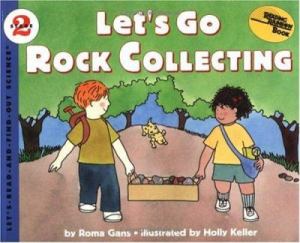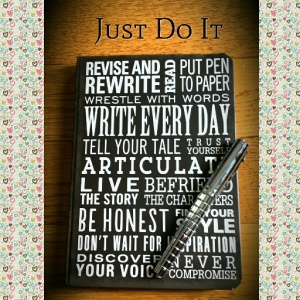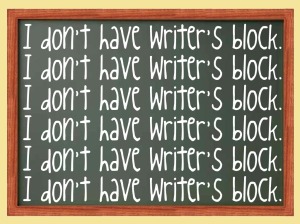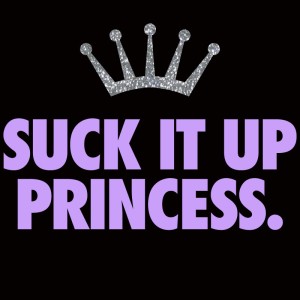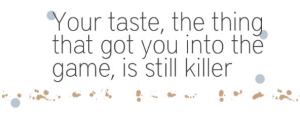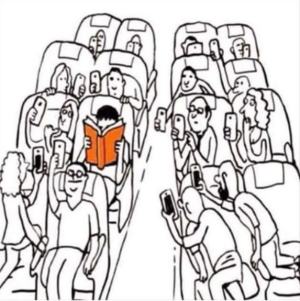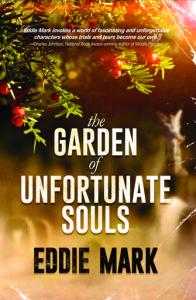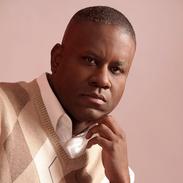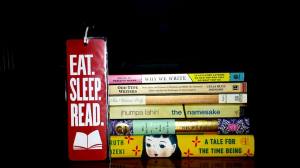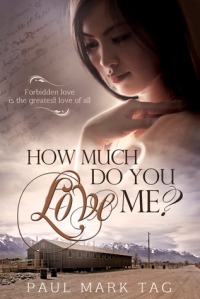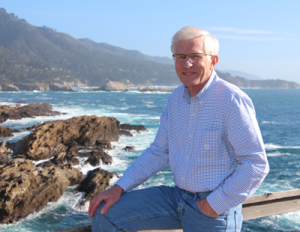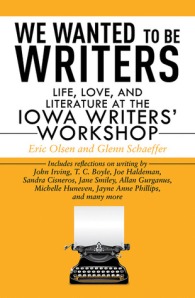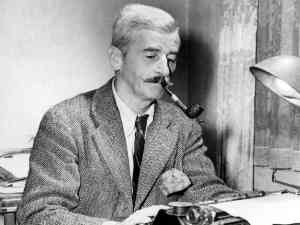All right, I’m deliberately calling out to you readers of so-called “NON-FICTION ONLY”.
How many times have I asked someone what they like to read (especially men), and their most common answer to me is: “I only read non-fiction.”
Like, really?
Sometimes I wonder if they are telling me that because they think reading non-fiction automatically makes them seem smarter, or they couldn’t bother with something so useless as fiction, because who wants to read stuff that is made up anyway?
Granted, I have tended to heavily skew my reading repertoire towards fiction for most of my life, but this year for some reason, I have been reading more NON-FICTION than ever.
And although I can always glean wondrous facts from all of these non-fiction works, be they biographies, business books, memoirs, academic texts, I still find I get a lot of out reading fiction.
This got me thinking about the difference between Fiction readers vs. Non-Fiction readers. Of course, reading anything is better than reading nothing at all, but I will argue that all of you NF folks are really missing the boat.
Here’s 5 reasons why:
1) GET SOME IMAGINATION
Though it’s very important to learn about facts, sticking exclusively to non-fiction can make you seem very cut & dry. Like you’re that stuffy, snobby guy in a silk jacket smoking a pipe, regurgitating scientific facts, but you can’t stretch your imagination to imagine a world with unicorns, wizards, magic, flying on hoverboards or a human colony on Mars. Remember, many of the best inventions and concepts the world has ever seen came from very imaginative people who thought outside of the realm of possibility and didn’t just allow their brains to be imprisoned by facts. They daydreamed, they conjured up impossible theories and they changed the world.
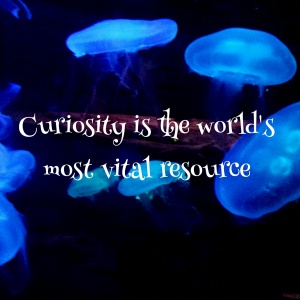
Alice Soon Photo
2) IMPROVE YOUR CRITICAL THINKING SKILLS
When you are reading a piece of good fiction (and I’m talking about quality fiction here, not escapist literature), you are forced to THINK and analyze what it is you are actually reading. Exceptional fiction is always filled with multiple points of view, unreliable narrators, creative twists and turns, and conflicting themes.
So what’s a reader to do???
Make up your own mind, of course.
Employ your critical thinking skills, and examine why it is that you feel the way you feel. And it is this act of thinking; this ability to clearly articulate your point of view, that makes someone a good communicator vs. a blathering moron.
Reading a good piece of fiction, even if you disagree with it, will always makes you THINK.
3) LEARN HOW TO WRITE BETTER
I think it’s pretty arguable that most fiction writers are just better writers in general. (e.g. Michael Pollan recently admitted this on Oprah’s Super Soul Sunday.)
What this means is not that they are better at grammar. You can say the same thing in 10 different ways, using a variety of word choice, word order and punctuation, but NOT all sentences are created equally, even if the meaning is the same.
This difference is called STYLE.
When you read a wonderful piece of fiction, you are learning how the writer has used a creative metaphor to express a place or a feeling; filled the pages with images and symbols that make your head spin. In short, can express the most complex, deepest, truest feelings of a human being using 26 letters.
4) YOU CAN LEARN FACTS TOO
Many good fiction books employ hundreds of hours of meticulous research to fill their stories with believable characters, realistic settings and a sense of history. Many writers even spend months or years in a particular city or country where their story takes place or painstakingly interview countless people to get their facts right.
(e.g. THE ORPHAN MASTER’S SON or A BRIEF HISTORY OF SEVEN KILLINGS).
As one 70-year old bookseller I met in New Orleans once told me: “I have learned more truths from reading fiction than from any non-fiction book.”
5) INCREASE EMOTIONAL INTELLIGENCE & EMPATHY
This is my favourite and final point. Studies are beginning to show that readers of literary fiction actually score higher on emotional intelligence and empathy. One study by the New York School for Social Research (featured in THE WIRE), found that:
“Readers of literary fiction must draw on more flexible interpretive resources to infer the feelings and thoughts of characters. That is, they must engage Theory of the Mind (ToM) processes. Contrary to literary fiction, popular fiction, which is more readerly, tends to portray the world and characters as internally consistent and predictable. Therefore, it may reaffirm readers’ expectations and so not promote ToM.
In other words, by forcing you to think, empathize, and assume instead of handing you prototype characters whose actions and personalities can be squarely understood, literary fiction is literally making you a more caring and emotionally intelligent person.”
Another study done by a trio of University of Toronto scholars led by psychologist Maja Djikic (featured in SALON Magazine) reported that:
“People who have just read a short story have less need for what psychologists call cognitive closure. Compared with peers who have just read an essay, they expressed more comfort with disorder and uncertainty—attitudes that allow for both sophisticated thinking and greater creativity.
Therefore, it requires people to become insightful about others and their perspectives.”
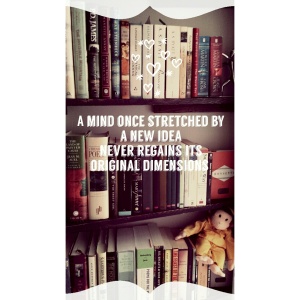
Alice Soon Photo
Check out studies here – http://www.thewire.com/entertainment/2013/10/now-we-have-proof-reading-literary-fiction-makes-you-better-person/70191/ and here – http://www.salon.com/2013/06/15/book_nerds_make_better_decisions_partner/
Not convinced having emotional intelligence is proven to be an essential skill of top leaders? Read this article in Harvard Business Review – https://hbr.org/2004/01/what-makes-a-leader
To summarize, I think my arguments are clear: Don’t relegate yourself to the realm of one-dimensional non-fiction. Open yourself to the delights & thrills of a great fiction novel and watch your mind reach new heights.
Your brain will thank you. 🙂
 But wait a minute, did I just say rocks?
But wait a minute, did I just say rocks?
